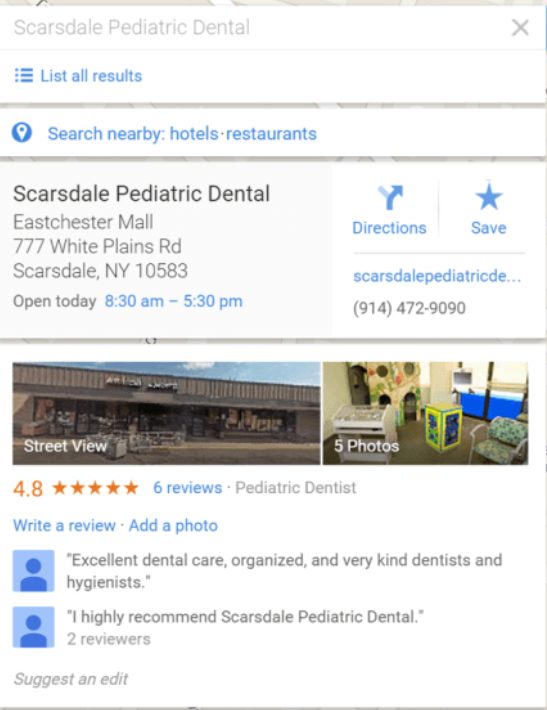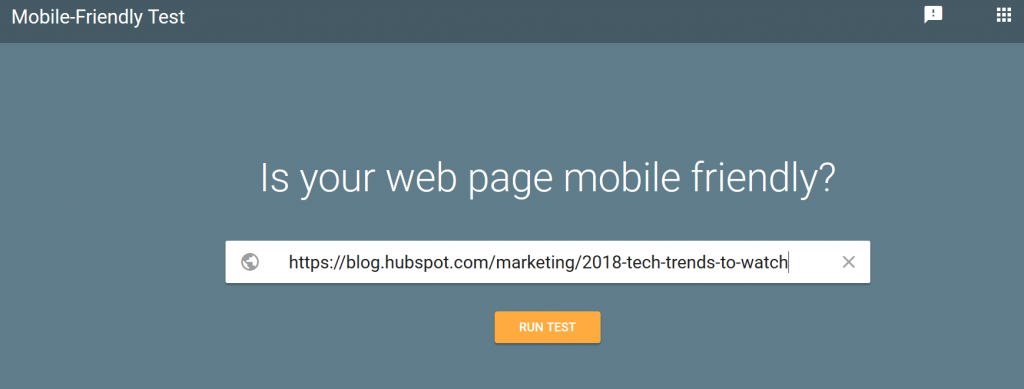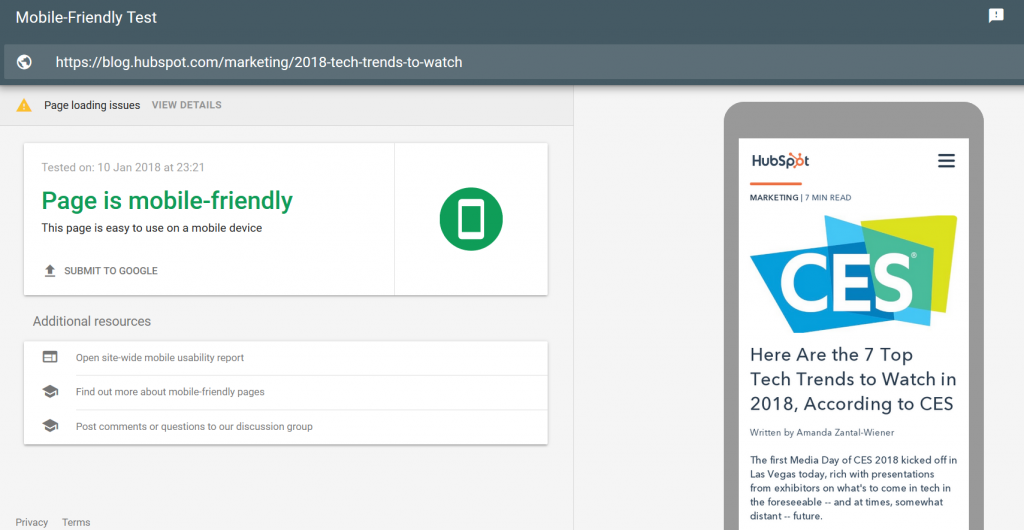Local SEO proved to one of the biggest trends throughout 2016 and 2017, and is expected to continue doing so throughout 2018.
Businesses that have been able to optimize their on-page and off-page SEO strategies are already reaping the supreme benefits of local SEO. For others, there are undeniable opportunities to begin their local SEO journeys.
Google suggests that 80% users conduct online searches for local businesses, while 50% of users who do a local search on mobile for a business visit its store within a day. Yet businesses continue to miss the opportunities that local SEO provides.
Don’t be that business. Instead, use the tips and tricks mentioned in this guide to get started with local SEO.
Claim your Google My Business page and optimize it
Google+ might have mostly fizzled out, but Google My Business continues to be a cornerstone for implementing local SEO. If you’ve not claimed a Google My Business listing for your business yet, this is the time to do so. The chances of your business featuring on the front page in a local relevant search improve manifold purely by having a well optimized and filled out My Business Listing.
Go to google.com/business, start the registration and verification process, and wait for Google to send you a postcard to your physical store location.
Make sure you understand that Google only allows real business owners to have their My Business pages; so you need to work out an arrangement with your digital marketing consultants so that you continue to own the My Business listing even if they depart.
Your business name, address, and phone number (abbreviated as NAP) must match what you have been using for digital marketing till now. Also, lay special emphasis on selecting categories, business hours, types of payment accepted, etc.
Then, have top quality photographs of the office front and insides uploaded on to the profile. Digital businesses without a location can hide the address to still be able to claim their My Business listing.
Here’s what a well maintained and optimized Google My Business profile could look like on a search page.
Understand and master the art of citations
Here’s it, put simply – every mention of your business online is a citation. More citations are good for your business’ local SEO. How does Google consider a mention as a citation? Well, your business NAP has to be mentioned for it to be counted as a citation.
Too many businesses have already lost several months of efforts in getting themselves mentioned online, purely because of inconsistent NAP. Though increasingly there’s consensus among digital marketers that Google actually triangulates data and identifies slightly different business names as belonging to the same business using NAP, we’d recommend you play it safe.
Keep on optimizing your website for mobile
Though this is something every website owner must do, local business website owners need to speed up their game particularly well. That’s because a majority of local searches are done on mobile devices, and are intent-backed.
Responsive layouts, intuitive user experience and interface design, etc. are the basics; you need to step past them! Google’s Mobile Friendly testing tool is a great starting point. I did a test on a post I was reading recently, and was impressed with the tool’s validation.
Add business directories to your to do lists
Apart from giving you a valuable citation online, business directory pages for your business also garner more visibility for your business. Here are some action points for you.
- Start with the most notable business review directory websites such as Yelp and CitySearch
- Next, use this list of business directories and create your business profiles on each (target at least 7 complete profiles per week)
- Look for niche specific business directories and create your profiles there
- Look for local business community websites, and grab your listing there
- Check if the state government has a Chamber of Commerce or equivalent website, and look for a way to get a mention there
- Use the services of citation aggregators like Infogroup, Acxiom, and Factual
- Look for an opportunity for a citation via local newspaper websites
- Of course, remember to get your NAP spot on every time.
‘Localize’ your website’s content
You can do a lot to help search engines understand your business’ local appeal by optimizing your website for the same. Local content, for instance, can help search engines contextualize your website’s niche to its local service. Then, you could include an interactive map widget to further enhance the local SEO appeal of your website.
Also, consider creating a separate local news section on your website, wherein you could post content about niche-related local events. This will serve you well in terms of allowing the usage of local SEO relevant keywords.
Businesses such as restaurants, lawyer services, house repairs and interior décor, etc. have a lot to gain by using these basic tactics.
Be very hungry for online reviews
A Moz report attributes 8.4% of ranking value to online reviews. It doesn’t sound much, but considering how 88% users depend on online reviews to form opinions on quality of businesses, brands, and products, the eventual impact of reviews is significant.
Google My Business reviews are the primary source of SEO juice; you need at least 5 reviews for Google to start showing your reviews. Facebook Business reviews must be the next on your radar, because of the trust they inspire among online users.
There are several other review websites you need to take care of, to maximize the local SEO benefit from the same. To get more reviews, try out these tactics:
- Motivate store managers and field sales personnel to get reviews from customers on handy mobile devices, asking them log in to, for instance, Zomato or Yelp, and doing it on the spot (consider giving them a little discount for the same)
- Use email marketing, with a single link that takes users to the reviews page
- Consider using a social listening tool such as HootSuite to be alerted of your business and brand mentions, which you can transform into reviews
- It’s worthwhile seeking services of online reputation management agencies for this.
Invest effort in local SEO relevant rich schema
Schema markup can be added to your website’s code to enhance its readability for search engines. There are several scheme markup tags that specifically focus on local attributes of your website.
Local schema markup tags assists local SEO in two ways:
- First, it allows search engines to understand your business’ local relevance
- Second, it means search engines can show your business page result along with rich snippet info such as phone number, address, business working hours, ratings, reviews, etc.
Here’s an example of how web results with local SEO schema markup appear on SERPs.
Local schema markup is beyond the scope of this guide, but here’s a good tutorial from Schema App.
Don’t forget to run your website through Google Structured Data Testing Tool to understand if the schema markup is done correctly.
Concluding remarks
As you read this, there are hundreds of potential customers searching for businesses in your neighborhood. Your website could be staring at them through their desktops and mobile phones, as soon as you get started on local SEO with the tips, tricks, tools, and methods described in this guide.




